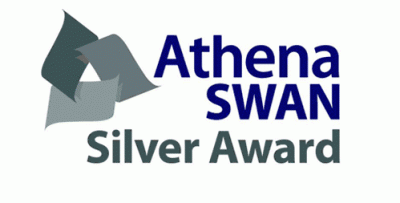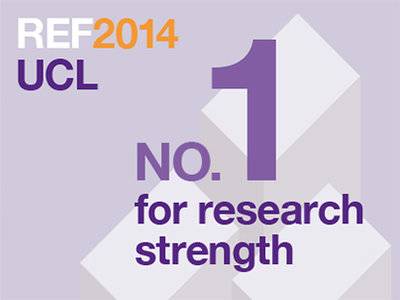PHAS0028, PHAS0029
PHAS2440 “Practical Physics 2A”: This course is taken by second year Physics and Medical Physics undergraduates. Laboratory classes take place on Monday, Wednesday, Thursday and Friday mornings for 10 weeks in Term 1. In this course, the undergraduates undertake several investigations across a range of experimental topics. A team of demonstrators aid the running of the classes, typically consisting of two staff members, a PDRA demonstrator and a postgraduate demonstrator. Postgraduate and PDRA demonstrators will teach for a total of 10 sessions, typically for one 3.5 hour session per week.
The demonstrator's role consists of helping undergraduates to solve problems whilst they carry out experiments in Teaching Lab 2, and encouraging students' best practice such as keeping a contemporaneous account of their observations and correct analysis of experimental data. Demonstrators are also expected to provide feedback on students' laboratory notebooks. An enthusiastic approach to practical physics and problem solving is essential.
Demonstrators will be expected to engage with undergraduates in discussion about their work, and so good oral communication skills are vital. Demonstrators will not need prior knowledge of the specific experiments, as laboratory scripts and demonstrator's notes and training can be provided.
Contact: Dr Daven Armoogum
PHAS0029 “Practical Physics and Computing 2”: This course will run on Mondays, Tuesdays, Thursdays and Fridays in the second half of second term from Monday 19th February - Friday 23rd March. Demonstrators will help with a total of five sessions (one afternoon of 3.5 hours per week over five weeks) to be paid at the standard demonstrator rate.
This is a practical project - full details of the digital thermometer electronics project will be provided in advance to demonstrators. The work will consist of going around the class helping students if they have problems, and also checking their lab books (check list provided).
Demonstrators will also give mini-vivas to the students to check they have understood the project (sample questions and answers provided).
Contact: Dr Elinor Bailey
 Close
Close




